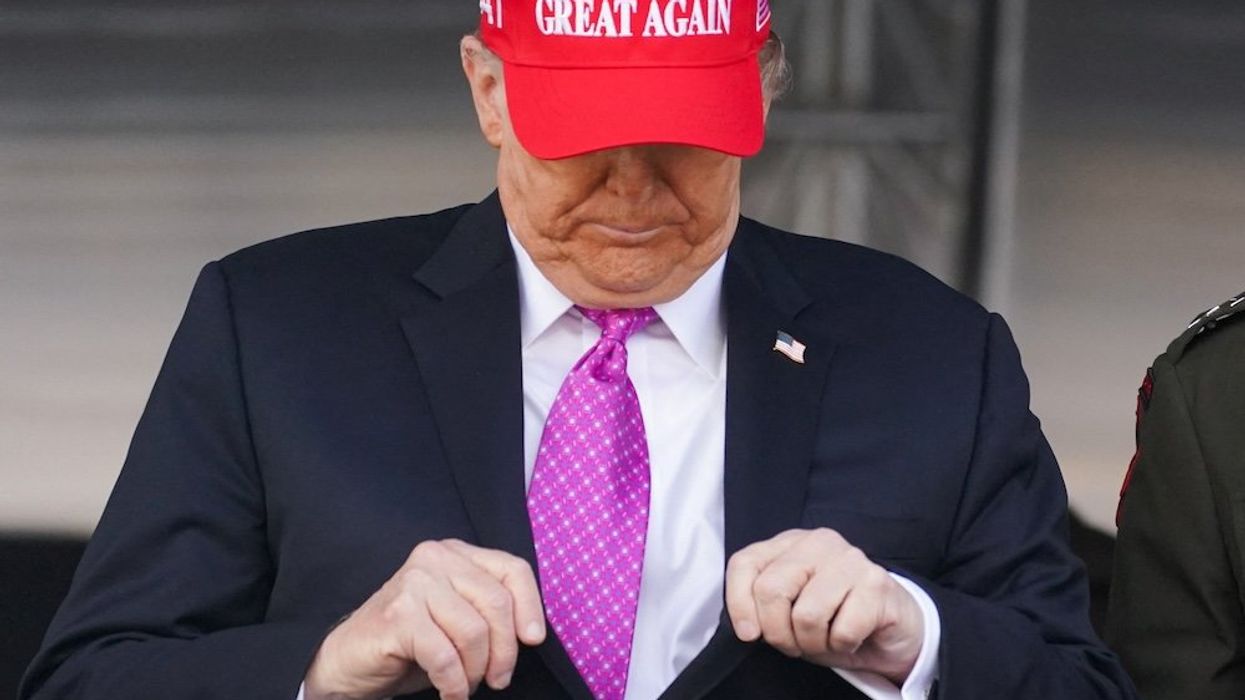In early June, the dominant news story in the United States was President Donald Trump's bitter feud with Tesla/SpaceX leader Elon Musk. But that quickly changed when large and tense protests over Trump's immigration policies broke out in Downtown Los Angeles, and that period of tension continued with everything from Trump's Saturday, June 14 military/birthday parade in Washington, D.C. to the more than 2000 protests held in opposition to it.
The shootings of two state lawmakers in Minnesota on June 14 only added to the tension and anxiety.
In an op-ed published by The Guardian on June 17, sociologist Musa al-Gharbi (who teaches at Stony Brook University on Long Island, New York) delves into history and stresses that politics in the U.S. will be shaped by how Americans perceive the chaos.
READ MORE: Corporations learn the hard way that capitulating to Trump is bad for business
"It is, indeed, possible for burning cars to serve a purpose," al-Gharbi explains. "However, it matters immensely who is perceived to have lit the fuse…. Civil rights leaders in the 1950s, for instance, went out of their way to provoke high-profile, violent and disproportionate responses from those who supported segregation. Leaders like Martin Luther King Jr. had an intuitive understanding of what empirical social science now affirms: what matters isn’t the presence or absence of violence but, rather, who gets blamed for any escalations that occur."
The sociologist continues, "The current anti-ICE protests have included clashes with police and occasional property damage. Melees, looting and destruction are perennially unpopular. Then again, so were civil rights-era bus boycotts, diner sit-ins and marches. In truth, the public rarely supports any form of social protest."
Al-Gharbi notes that responses from the left and the right to the Downtown L.A. protests were "predictable," but it remains to be seen what the public will ultimately think.
"Martin Luther King Jr, for instance, was widely vilified towards the end of his life," the sociologist notes. "Today, he has a federal holiday named after him. The lesson? Contemporaneous public polls about demonstrations tell us very little about the impact they’ll ultimately have…. Whether the demonstrations (in Downtown L.A.) ultimately lead to still more erosion of public support for Trump or continued declines in public support for immigration will likely depend less on whether the demonstrations continue to escalate than on whom the public ultimately blames for any escalation that occurs. At present, it’s not looking good for the White House."
READ MORE: Left holding the bag': The price you pay for healthcare could surge next year — here's why
Musa al-Gharbi's full op-ed for The Guardian is available at this link.


